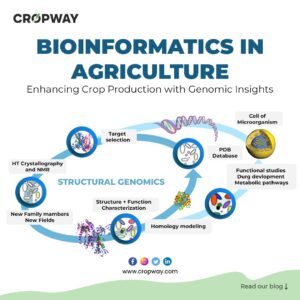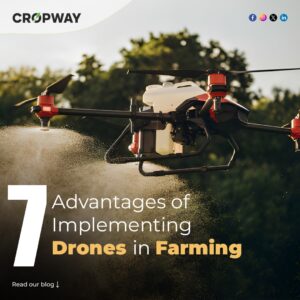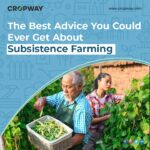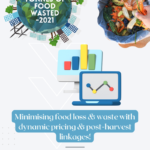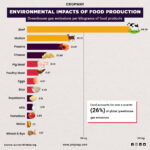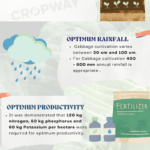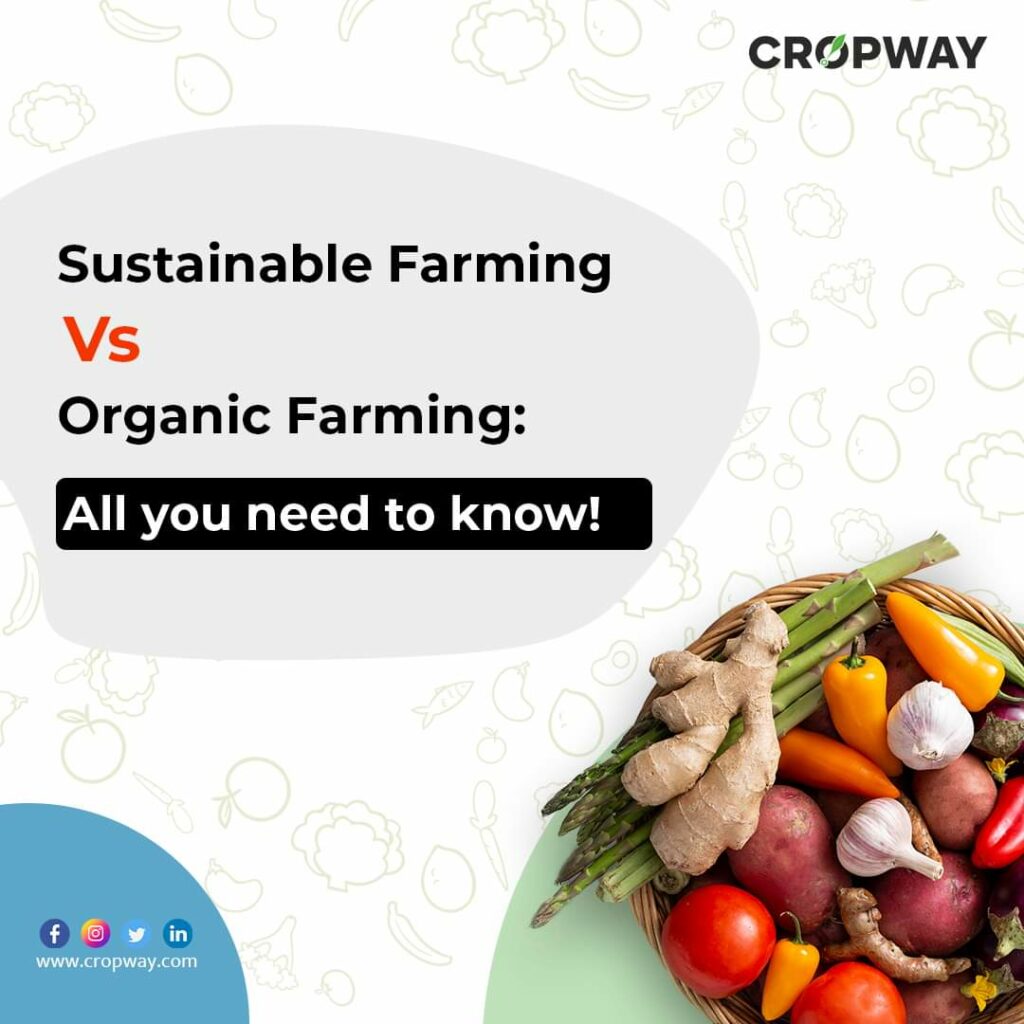
There is still a frequent misunderstanding despite the world’s progressive shift toward a sustainable and economical method of agriculture. Most people changeably refer to similar approaches as organic farming and sustainable farming practices.
Despite sharing the same larger objective of being environmentally friendly, they are very diverse. Examine each agricultural technique to learn how they differ and how Cropway can assist you in achieving both.
Understanding Organic Farming
The market for organic food is now valued at $168 billion and has increased substantially over the previous ten years.Organic farming is a method that involves growing plants without using synthetic fertilizers or pesticides in order to preserve soil fertility and ecological balance while reducing pollution and waste. In other terms, organic farming refers to a farming technique that completely disregards the use of pesticides and fertilizers that have a synthetic base.
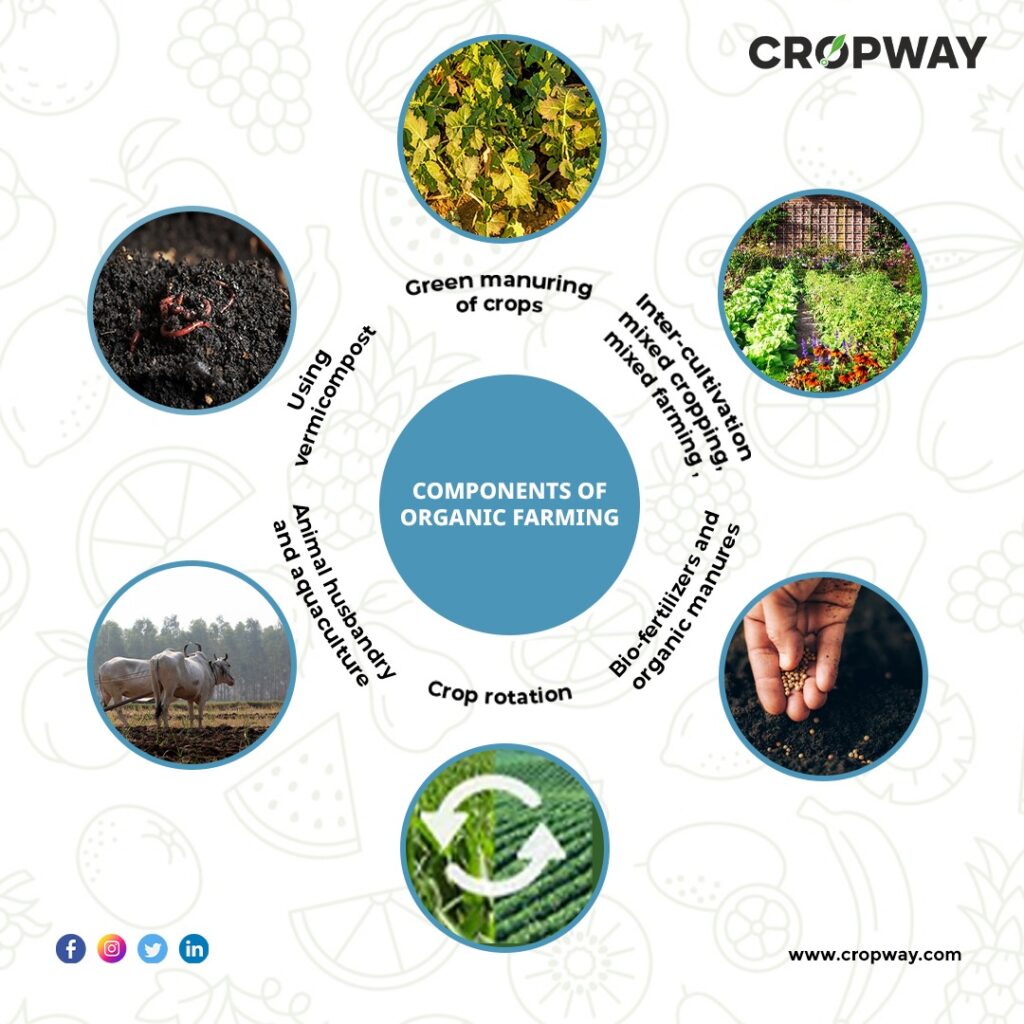
The Key Elements of Organic Farming
• Green manuring of crops
• Using vermicompost
• Crop rotation
• Inter-cultivation, mixed cropping, mixed farming, and other biological management techniques
• Animal husbandry and aquaculture
• Bio-fertilizers and organic manures
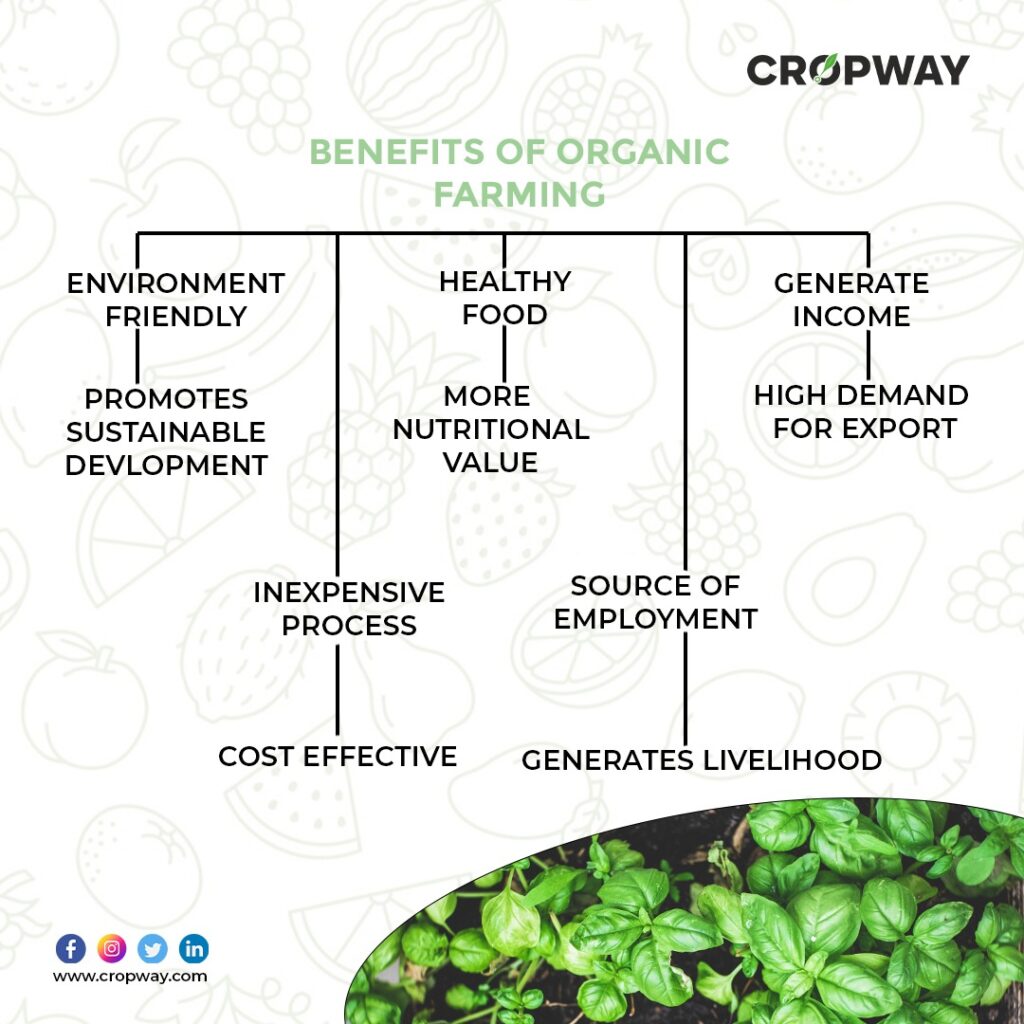
Benefits of Organic Farming
• Environment-friendly.
• Encourages ecological sustainability
• Wholesome and nutritious food.
• Low-cost procedure.
• Low-cost procedure.
• It makes use of organic inputs.
• Produces income.
• Produces revenue through exports.
• Employment source.
• Organic farming requires more labour. Therefore, it creates additional jobs.
Understanding Sustainable Farming
Sustainable agriculture methods include those that ensure crop and soil health, reduce carbon emissions, reduce waste, and are economically stable and environmentally safe. As long as it does not compromise the overall sustainability, sustainable farms can use chemical agri-inputs correctly.
Common sustainable agricultural methods
- Using no-till or reduced-tillage techniques
- Decreasing soil erosion by planting cover crops
- Reduce the usage of herbicides by planting a cash crop into an unfinished cover crop.
- Increasing fertiliser effectiveness by applying nitrogen in the spring or in two applications, and using either subsurface banded or injected applications.
- Avoiding anhydrous and favouring more stable sources of nitrogen
- Putting in place buffer zones like filter strips, riparian zones, or grassy streams to lessen runoff of silt, nutrients, and pesticides
BENEFITS OF SUSTAINABLE FAMING
- Boost productive farm income
- Encourage environmental responsibility
- Improve the standard of living for farming families and communities
- Boost production to meet human needs for food and fibre
What distinguishes organic farming from sustainable farming?
The primary purposes of organic farming and sustainable farming is what really distinguishes them most from one another. Sustainable farming is concentrated on the physical treatment of the land, as opposed to organic farming, which is concentrated on the inputs used in production (such as non-GMO, no synthetic fertilizer, pesticides, or herbicides) (e.g. no till, cover crops, buffer zones). Although both strategies are thought to be ecologically beneficial, they do so in quite different ways.
There are some aspects of organic farming and sustainable farming that are similar, such as the efforts to minimise or do away with the use of pesticides, herbicides, and fertilisers, as well as the use of cover crops. However, organic farming frequently needs more tillage to control weeds, whereas sustainable farming aims to limit tillage to manage erosion.
Organic farming might be expensive to set up, but the produce commands a higher price on the market. Because the produce is not organic, sustainable farming does not always result in higher market pricing, but the yields are on par with or better than those of conventional farming, and the long-term benefits to the environment and soil are immense. Additionally, compared to traditional farming, sustainable farming uses significantly fewer chemicals.
How Can Cropway Help in Adopting Digitally Sustainable Agriculture Practices!
Digitization of these processes is one of the most efficient ways to encourage sustainable farming approaches. Using Cropways’ technology-enabled platform to automate and optimise various activities helps to implement cost-effective solutions by reducing the need for labour, introducing regularity to field operations, and enhancing farm productivity.
Cropway gives agribusinesses access to information they may use to explore how laws, regulations, policies, and infrastructure affect their ability to make, market, and acquire their products, as well as offer affordable healthy food to a rising population. They no longer have to rely on old-fashioned guesswork!
You might be read our latest blogs: Ashwagandha- Ayurveda’s Most Popular Adaptogen


